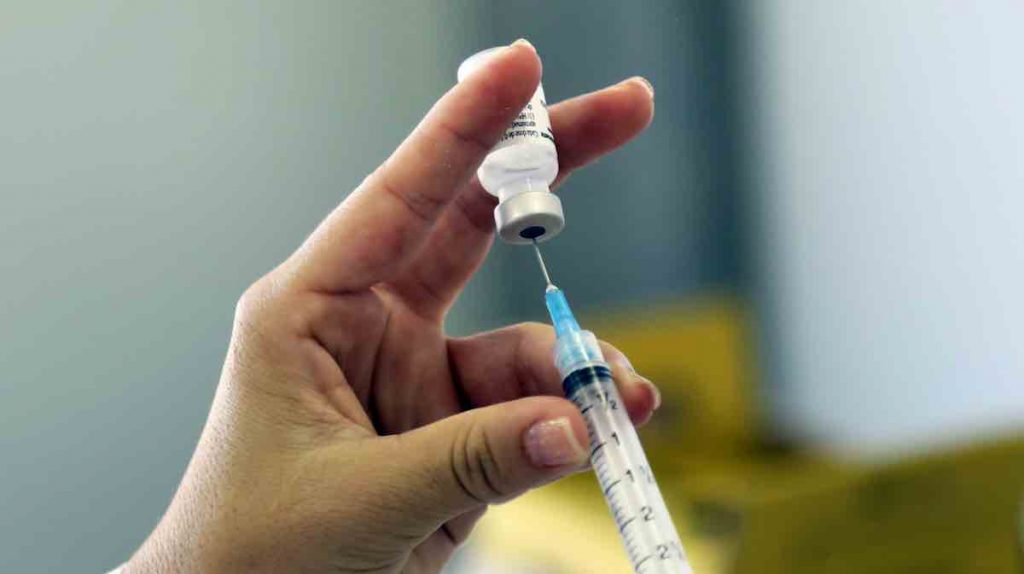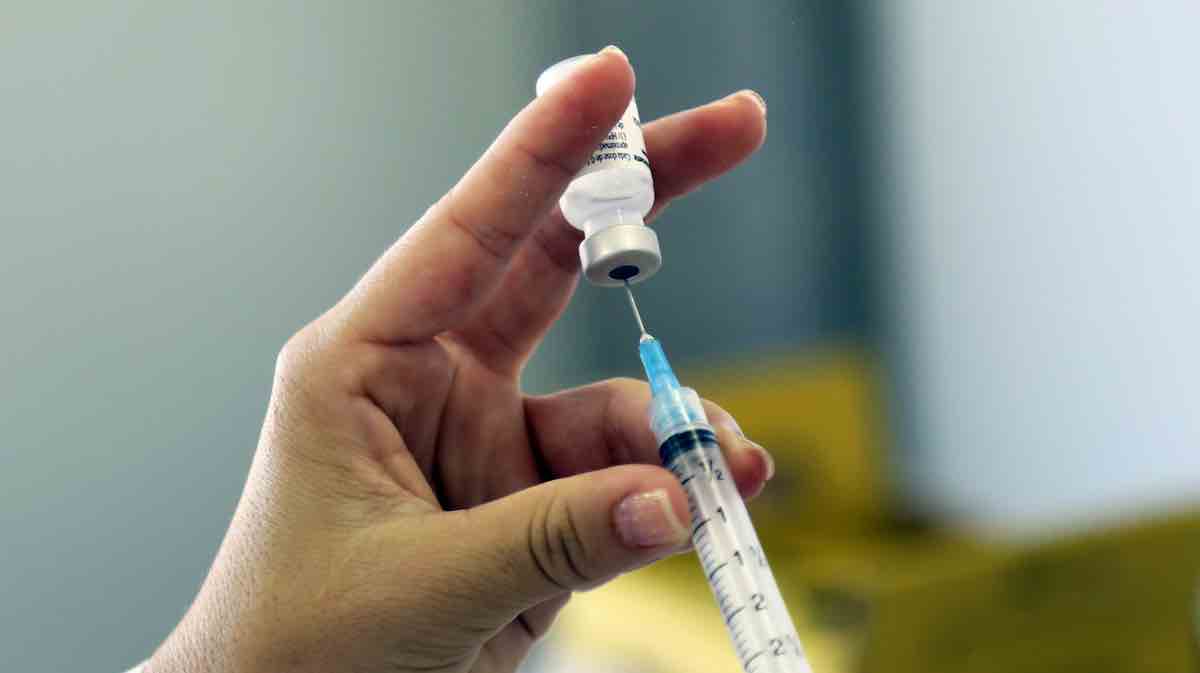It has now been four months since this investigational vaccine designed to protect against COVID-19 was tested on humans for the first time in the US—and its recently-released trial results are inspiring hope amongst the healthcare community.
The interim report of the trials details how the vaccine, mRNA-1273, was not only shown to be well-tolerated in healthy adult participants, but it also prompted neutralizing antibody activity against the novel coronavirus.
The experimental vaccine is being co-developed by researchers at the National Institute of Allergy and Infectious Diseases (NIAID) and at Massachusetts-based biopharmaceutical company Moderna, Inc.
Manufactured by Moderna, mRNA-1273 is designed to induce neutralizing antibodies directed at a portion of the coronavirus “spike” protein, which the virus uses to bind to and enter human cells.
The trial was led by Dr. Lisa A. Jackson from the Kaiser Permanente Washington Health Research Institute in Seattle where the first participant received the candidate vaccine on March 16th.
This interim report, which was published online this week in the New England Journal of Medicine, details the initial findings from the first 45 participants ages 18 to 55 years enrolled at the study sites in Seattle and at Emory University in Atlanta.
Three groups of 15 participants received two intramuscular injections, 28 days apart, of either 25, 100, or 250 micrograms of the investigational vaccine. All the participants received one injection; 42 received both scheduled injections.
In April, the trial was expanded to enroll adults older than age 55 years; it now has 120 participants. However, the newly published results cover the 18 to 55-year age group only.
Regarding safety, no serious adverse events were reported. More than half of the participants reported fatigue, headache, chills, myalgia or pain at the injection site. Systemic adverse events were more common following the second vaccination and in those who received the highest vaccine dose. Data on side effects and immune responses at various vaccine dosages informed the doses used or planned for use in the Phase 2 and 3 clinical trials of the investigational vaccine.
The interim analysis includes results of tests measuring levels of vaccine-induced neutralizing activity through day 43 after the second injection. Two doses of vaccine prompted high levels of neutralizing antibody activity that were above the average values seen in convalescent sera obtained from persons with confirmed COVID-19 disease.
A Phase 2 clinical trial of the vaccine, which is being sponsored by Moderna, began enrollment in late May. As researchers prepare to launch a Phase 3 efficacy trial with 30,000 participants on July 2020, the government hopes to have the final results on the vaccine’s efficacy by the end of the year.
Until then, the Phase 1 study results are being hailed as a much-anticipated piece of good news amidst the pandemic as well as a record-setting example of speedy vaccine development.
“This is an essential building block that is needed to move forward with the trials that could actually determine whether the vaccine does protect against infection,” Dr. Jackson told The Associated Press.

Protect Your Friends Against Negativity By Sharing The Good News To Social Media…




















